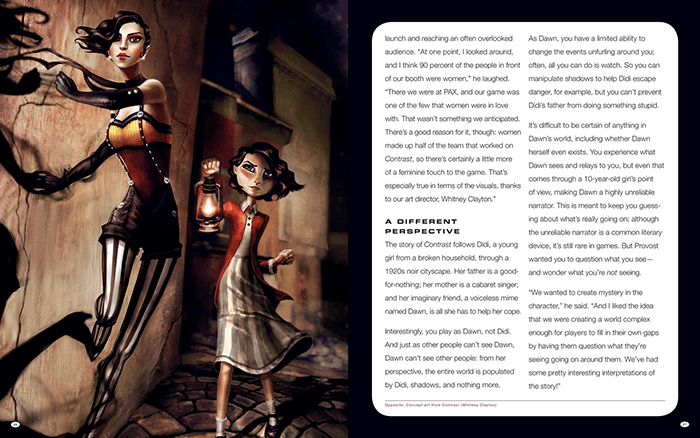Last Thursday and Friday I was in the recording studio with the intrepid José (our audio producer), recording a Doctor and a Bobby. We have roughly doubled the number of things Doctors and Bobbies can now say, although we (and by “we,” I mean Marc) have to integrate them into these characters’ AIs. When, exactly, does each character say each sort of line?
Today, I was in the studio recording Alex Wyndham and Katherine Kingsley, who were in London. Great actors are magic. They take a line that you heard in your head, and make it their own. Sometimes, you find yourself caught off guard by a line they perform, even though you are reading the words on the page, which you wrote, even as they do it. It’s a sure sign that the performance is amazing when you burst out laughing in the middle of the recording session.
Poor Katherine Kingsley! I auditioned her last year, and she was brilliant. And then I went more or less radio silent. She’d ping me, and I’d say, yes, we truly intend to record you, but I have to do x and y characters first. I did fairly long auditions with her over Skype, to the point where I wouldn’t blame her for wondering if I’d just recorded her audition and was using it in the game (which is apparently a Known Abuse of Actors).
So when she finally got the call, I imagine she probably went through a moment of, “wait a second, these guys were for real?”
She turned out to be every bit as superb as I hoped. She’s a part of the opening scene, which we’re working on now.
Now comes the work of cutting out sound takes. It takes much longer to cut out the sound takes from an hour’s session than the hour itself. Sometimes I have to listen to each take a few times to decide which one I want. Sometimes I have to construct better takes from two takes with good parts.
The other thing I did: rewrote the opening scene. The opening scene of Arthur’s playthrough, which is the opening scene for the game as well, has been sitting on my computer in various forms for well over a year. But now the team is all working on it. This week David and Vincent added yards of new gameplay to it. So, Arthur has to respond to all these new challenges in some way, right? He has to say something Arthur-y. So, two days before my recording session, I was writing new things for Arthur to say.
I can’t tell you when all this new content will make it into the game, but I hope you dig it!
Find the rest of the team's update here.
Today, I was in the studio recording Alex Wyndham and Katherine Kingsley, who were in London. Great actors are magic. They take a line that you heard in your head, and make it their own. Sometimes, you find yourself caught off guard by a line they perform, even though you are reading the words on the page, which you wrote, even as they do it. It’s a sure sign that the performance is amazing when you burst out laughing in the middle of the recording session.
Poor Katherine Kingsley! I auditioned her last year, and she was brilliant. And then I went more or less radio silent. She’d ping me, and I’d say, yes, we truly intend to record you, but I have to do x and y characters first. I did fairly long auditions with her over Skype, to the point where I wouldn’t blame her for wondering if I’d just recorded her audition and was using it in the game (which is apparently a Known Abuse of Actors).
So when she finally got the call, I imagine she probably went through a moment of, “wait a second, these guys were for real?”
She turned out to be every bit as superb as I hoped. She’s a part of the opening scene, which we’re working on now.
Now comes the work of cutting out sound takes. It takes much longer to cut out the sound takes from an hour’s session than the hour itself. Sometimes I have to listen to each take a few times to decide which one I want. Sometimes I have to construct better takes from two takes with good parts.
The other thing I did: rewrote the opening scene. The opening scene of Arthur’s playthrough, which is the opening scene for the game as well, has been sitting on my computer in various forms for well over a year. But now the team is all working on it. This week David and Vincent added yards of new gameplay to it. So, Arthur has to respond to all these new challenges in some way, right? He has to say something Arthur-y. So, two days before my recording session, I was writing new things for Arthur to say.
I can’t tell you when all this new content will make it into the game, but I hope you dig it!
Find the rest of the team's update here.


